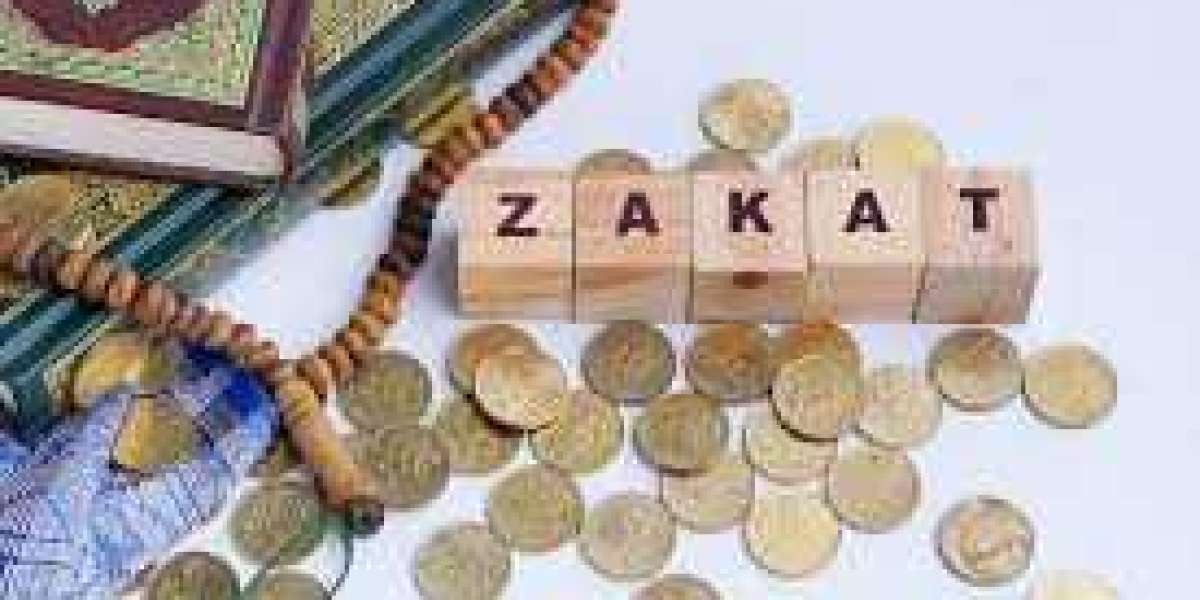Introduction:
Zakat is one of Islam's five pillars and an essential financial obligation for eligible Muslims. It is more than a form of charity—zakat is a mechanism that purifies wealth, eliminates greed, and ensures social justice by transferring a portion of accumulated assets to those in need. The term zakat itself means “to purify” and “to grow,” signifying that by giving zakat, a believer not only cleanses their wealth but also helps it grow spiritually and ethically.
Zakat Computation:
Zakat computation involves evaluating your total assets over a lunar year. These assets may include cash savings, gold, silver, business inventory, investments, and rental income. From this total, you subtract immediate liabilities or debts due within the same year. If the remaining amount meets or exceeds the zakat nisab, you must pay zakat.
Zakat Nisab and percentage:
The zakat nisab is the minimum wealth a Muslim must possess before they become eligible to pay zakat. This is based on either:
- 87.48 grams of gold
- 612.36 grams of silver
In today’s economy, many scholars recommend using the silver standard, as it makes more people eligible to give and thereby benefits more recipients. Checking the current market rates of gold and silver is essential for accurate zakat computation.
Once your wealth exceeds the zakat nisab, the standard zakat percentage applied is 2.5%. This means that out of every 100 rupees of zakatable wealth, 2.5 rupees should be given as zakat. It may seem like a small portion, but collectively, it creates a powerful system of social support that has uplifted millions across centuries.
Zakat Calculator:
Using a verified Zakat calculator is best to ensure you fulfill your obligation correctly. These digital tools help you:
- Accurately assess your total zakatable wealth
- Automatically apply the current market value of gold/silver
- Subtract liabilities
- Calculate the correct zakat percentage
Masarif e Zakat:
Islamic teachings clearly define the rightful recipients of zakat under the term masarif e zakat. These categories include:
- The poor and needy
- The destitute
- Those in debt
- Travelers stranded without resources
- Those working to collect and distribute zakat
- Those whose hearts need to be reconciled to Islam
- Slaves seeking to buy their freedom
- Those striving in the path of Allah
Modern scholars and Islamic welfare institutions agree that patients suffering from chronic illnesses with no means for treatment fall squarely within these categories. Such individuals are often overwhelmed by debt, unable to work, and wholly reliant on external support for survival.
Zakat in Muharram:
Muharram is one of the four sacred months mentioned in the Qur’an. Any act of worship or good deed carried out during this time carries multiplied rewards. Giving zakat in Muharram is, therefore, an opportunity to gain enhanced spiritual blessings while addressing urgent humanitarian needs.
Additionally, Muharram marks the beginning of the Islamic New Year—a time of renewal and reflection. By starting the year with acts of giving, Muslims align their intentions with compassion, generosity, and a commitment to helping those in distress.
Why Choose Renal Care Foundation (RCF) for Zakat in Muharram:
Among the most deserving recipients of zakat are patients battling chronic illnesses like kidney failure. These individuals often require lifelong dialysis or costly transplants, medications, and follow-up treatments—expenses they simply cannot afford.
The Renal Care Foundation (RCF) is a non-profit organization committed to providing free and subsidized treatment to kidney patients in need. The foundation adheres strictly to Islamic principles and ensures that all donations, including zakat, are distributed in line with masarif e zakat.
RCF uses your donations and zakat in Muharram to:
- Fund lifesaving dialysis sessions
- Provide essential medications
- Support transplant surgeries
- Offer nutritional counseling and transportation assistance
- Ease the financial burden on patients and their families
Conclusion:
In conclusion, zakat is not just a ritual—it’s a profound tool for equity and compassion. Understanding zakat computation, applying the correct zakat percentage, and being mindful of the zakat nisab ensures your obligation is fulfilled in both letter and spirit. By directing your zakat in Muharram to the Renal Care Foundation, you multiply your reward and directly contribute to life-saving healthcare.
Let your zakat purify your wealth, elevate your soul, and bring hope to those who need it most. Use your wealth not just to count profits—but to count blessings.



